Tadić: Candidate status in 2009
Serbia can become a fully-fledged EU candidate by mid-2009, says President Boris Tadić.
Saturday, 13.09.2008.
11:25

Serbia can become a fully-fledged EU candidate by mid-2009, says President Boris Tadic. “We need to invest great efforts to make the same train as Croatia when it comes to EU integration. Serbia will not of course give up on this, but we need to bear in mind political processes within the EU itself,“ Tadic told daily Blic, following his recent visit to Brussels where he spoke to senior EU officials. Tadic: Candidate status in 2009 The president said that the indications were that achieving candidate status in the first half of 2009 would be very difficult, but that mid-2009 was more realistic. “For us, it is vital to minimize time frames. If we can begin membership talks as a candidate sooner, we can shorten our path to the EU. The aim is to make up for all the missed opportunities of the past eight years as quickly as possible. That’s a big ask,“ he said. Asked about potential changes in relations with the U.S., Tadic said that Foreign Minister Vuk Jeremic would be traveling there on his behalf to hold talks with U.S. officials. “We’ll make things clearer as concerns our position on Kosovo, our country’s integrity, EULEX, and the initiative at the UN General Assembly. We’ll ask our American partners frankly for their views,“ explained the president. He added that it was “in Serbia’s interests to return relations with the U.S. to normal as soon as possible, because when it comes to the fight for Kosovo, this is impossible without Washington changing its position, not forgetting at the same time Russia’s support.“ “There are a string of issues that need to be discussed openly with the U.S. administration. One of these is the constant pressure on Montenegro and Macedonia to recognize Kosovo independence. I think this pressure isn’t helping to normalize our bilateral relations, particularly when you bear in mind our relations with the aforesaid countries,“ said Tadic. Asked what the objective was when it came to the initiative to be presented to the General Assembly, the president responded that it was to freeze status or bring about new talks, both of which would be a positive outcome for Serbia. “Just as Serbia was unable to stop the process of the illegal declaration and recognition of independence, so Kosovo will not be able to acquire the real status of an independent state. The only sustainable solution can be found in compromise through a process of new talks,“ he said. Speaking of the energy deal with Russia, Tadic warned that it was in Serbia’s interests to receive a major pipeline artery, and that the government would see to this. Asked if there was still room for further talks with the Russians, given that the Serbian Oil Industry’s (NIS) actual actual value is five times higher than its sale price, the president replied that what was more important than the sale price was the amount of gas flowing into Serbia, adding that there was confusion over the price because of two differing valuations carried out by consulting houses. “What’s vital is that 10 or 30 billion cubic meters will be coming through. Everyone who think economically knows that if Serbia gets a major artery, rather than just a branch, Serbia and its citizens will reap great benefits over the coming decades. That is a matter we need to define with our Russian friends, and we need to fight with all our might to make sure we get a major artery,“ said Tadic. In the president’s opinion, Serbia would receive strategic significance if it received one of the pipeline’s major arteries. “Otherwise, from the point of view of international relations, Serbia will lose out, and will find it harder to defend its interests,” he underlined. Boris Tadic (FoNet, archive)
Tadić: Candidate status in 2009
The president said that the indications were that achieving candidate status in the first half of 2009 would be very difficult, but that mid-2009 was more realistic.“For us, it is vital to minimize time frames. If we can begin membership talks as a candidate sooner, we can shorten our path to the EU. The aim is to make up for all the missed opportunities of the past eight years as quickly as possible. That’s a big ask,“ he said.
Asked about potential changes in relations with the U.S., Tadić said that Foreign Minister Vuk Jeremić would be traveling there on his behalf to hold talks with U.S. officials.
“We’ll make things clearer as concerns our position on Kosovo, our country’s integrity, EULEX, and the initiative at the UN General Assembly. We’ll ask our American partners frankly for their views,“ explained the president.
He added that it was “in Serbia’s interests to return relations with the U.S. to normal as soon as possible, because when it comes to the fight for Kosovo, this is impossible without Washington changing its position, not forgetting at the same time Russia’s support.“
“There are a string of issues that need to be discussed openly with the U.S. administration. One of these is the constant pressure on Montenegro and Macedonia to recognize Kosovo independence. I think this pressure isn’t helping to normalize our bilateral relations, particularly when you bear in mind our relations with the aforesaid countries,“ said Tadić.
Asked what the objective was when it came to the initiative to be presented to the General Assembly, the president responded that it was to freeze status or bring about new talks, both of which would be a positive outcome for Serbia.
“Just as Serbia was unable to stop the process of the illegal declaration and recognition of independence, so Kosovo will not be able to acquire the real status of an independent state. The only sustainable solution can be found in compromise through a process of new talks,“ he said.
Speaking of the energy deal with Russia, Tadić warned that it was in Serbia’s interests to receive a major pipeline artery, and that the government would see to this.
Asked if there was still room for further talks with the Russians, given that the Serbian Oil Industry’s (NIS) actual actual value is five times higher than its sale price, the president replied that what was more important than the sale price was the amount of gas flowing into Serbia, adding that there was confusion over the price because of two differing valuations carried out by consulting houses.
“What’s vital is that 10 or 30 billion cubic meters will be coming through. Everyone who think economically knows that if Serbia gets a major artery, rather than just a branch, Serbia and its citizens will reap great benefits over the coming decades. That is a matter we need to define with our Russian friends, and we need to fight with all our might to make sure we get a major artery,“ said Tadić.
In the president’s opinion, Serbia would receive strategic significance if it received one of the pipeline’s major arteries.
“Otherwise, from the point of view of international relations, Serbia will lose out, and will find it harder to defend its interests,” he underlined.



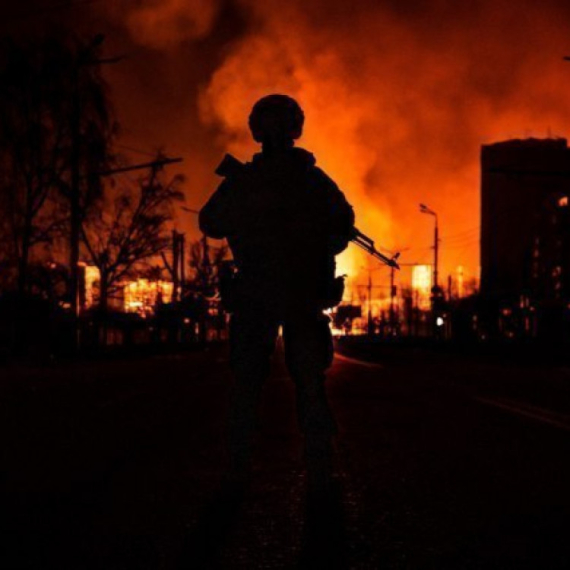
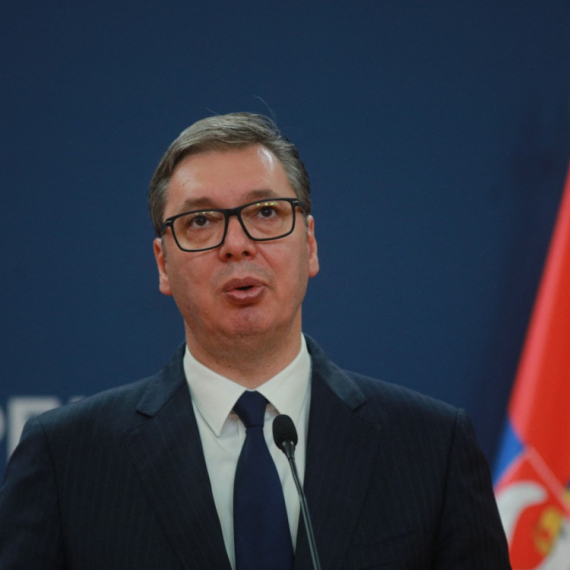
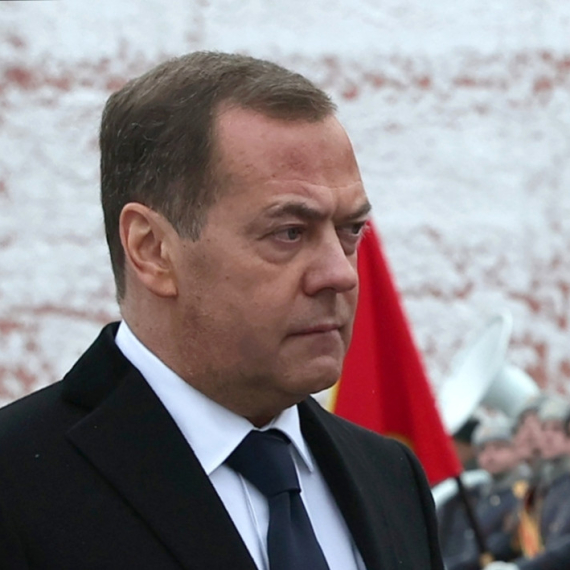
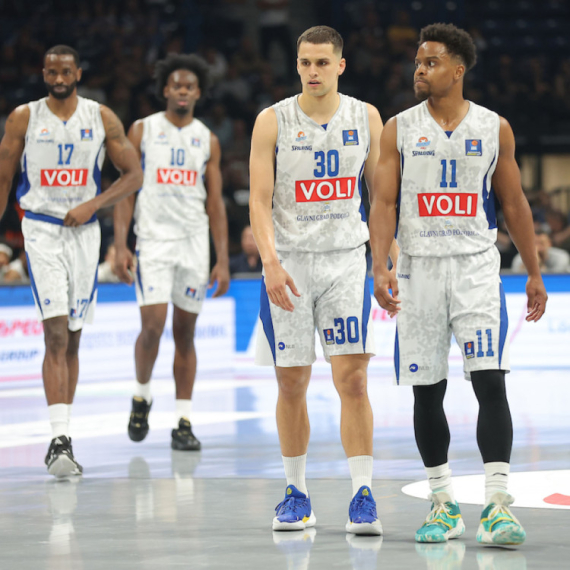



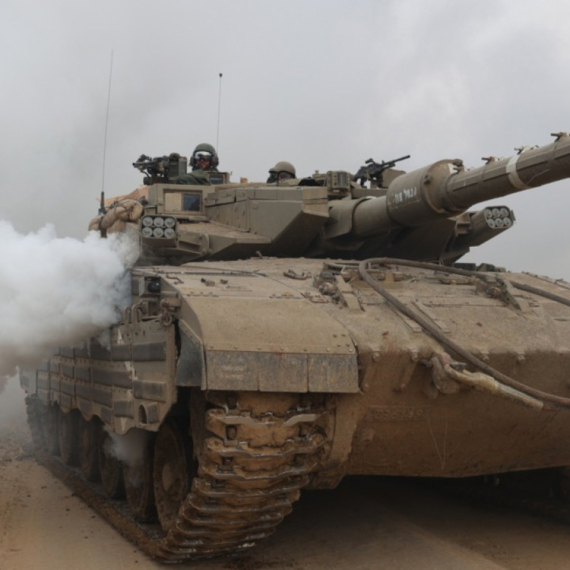
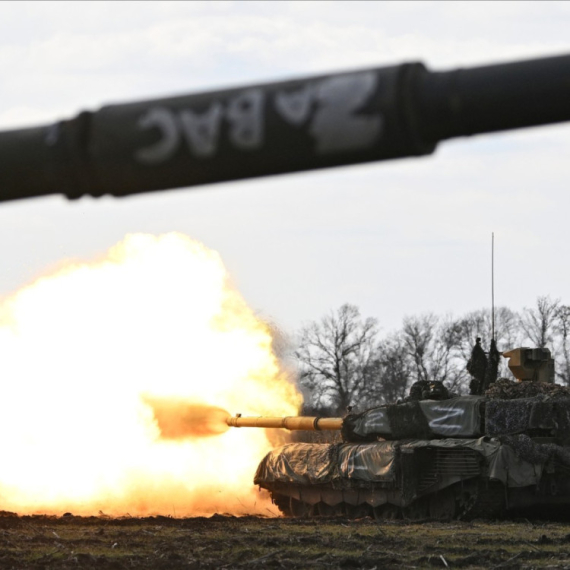


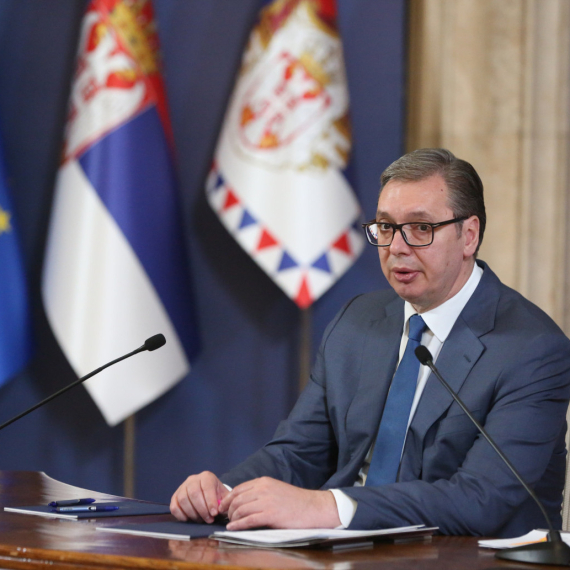
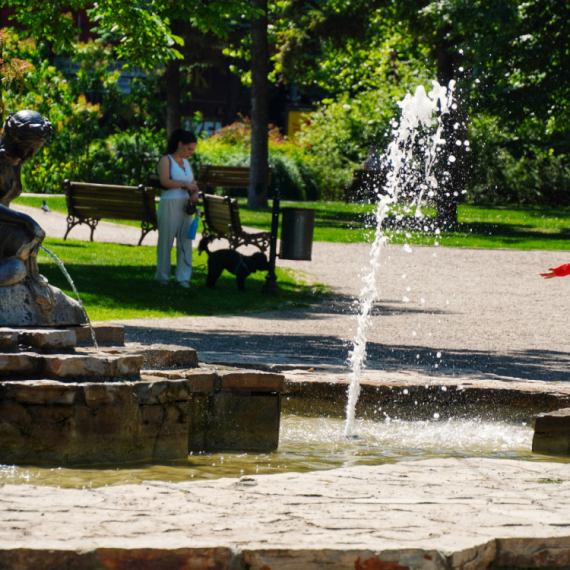
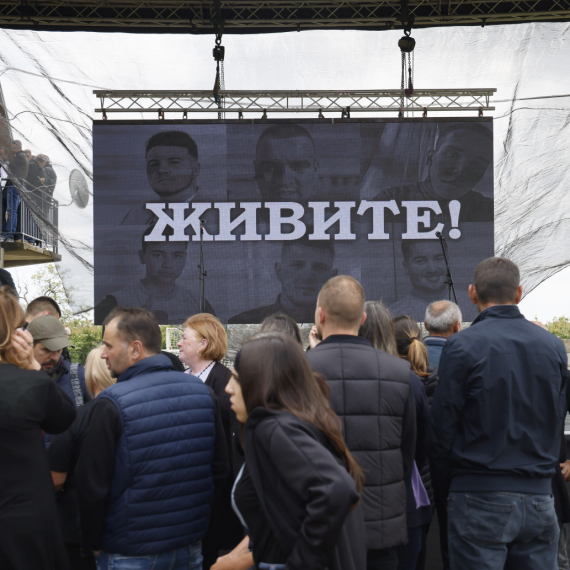

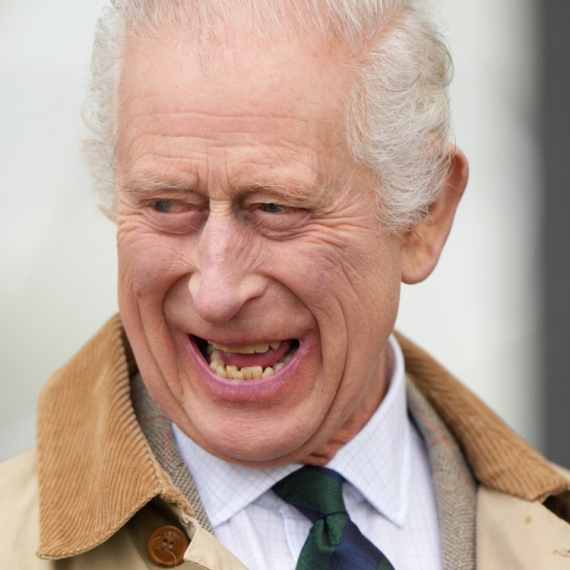
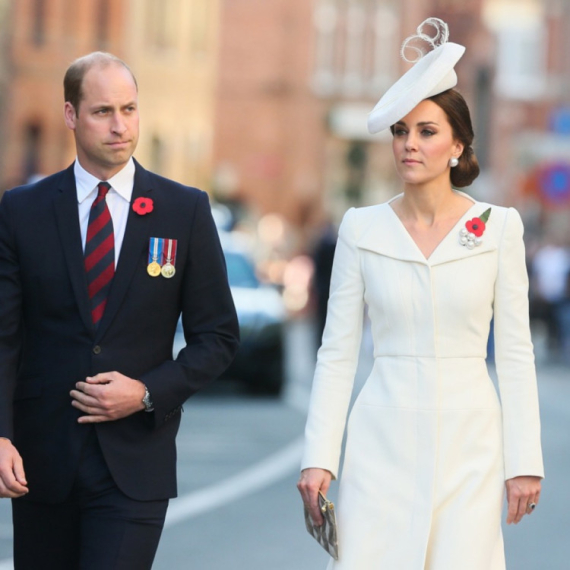






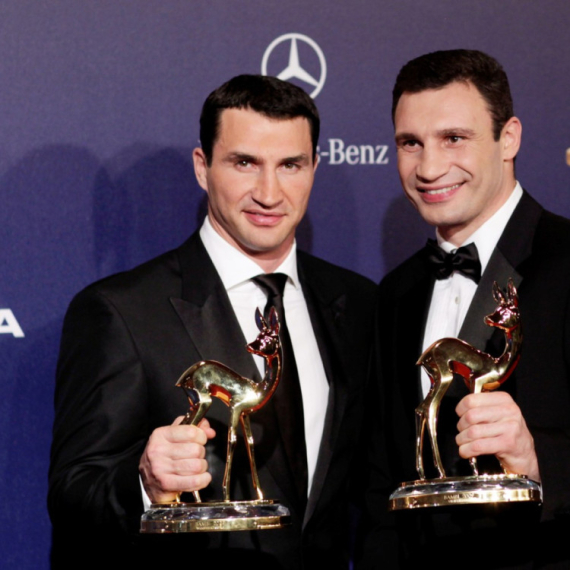



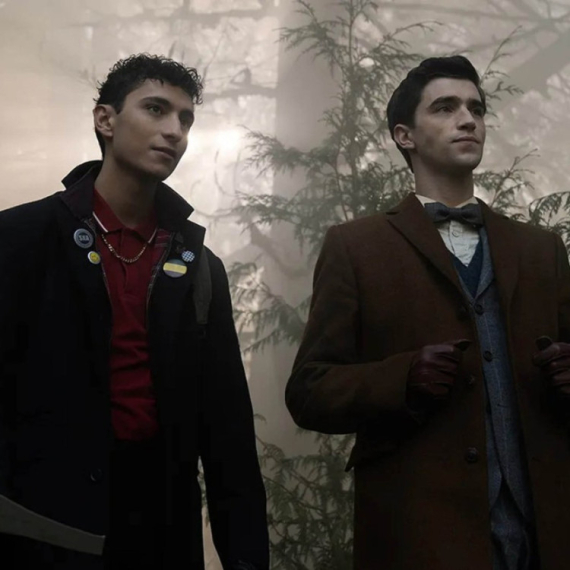





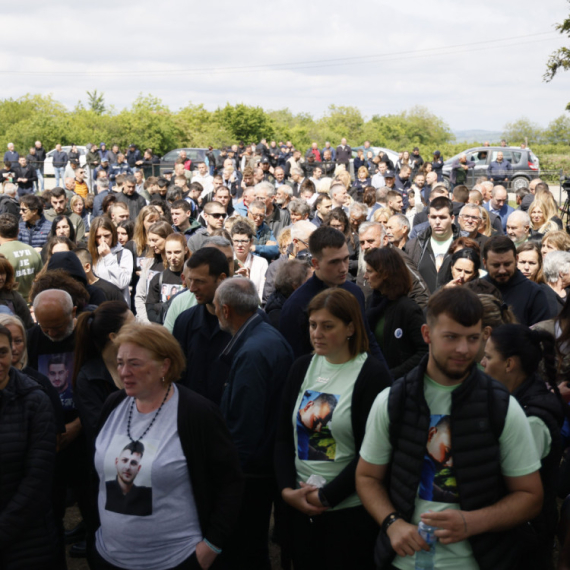
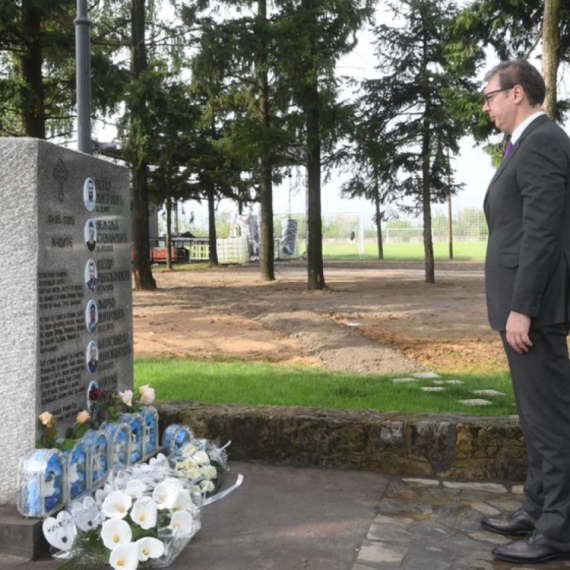

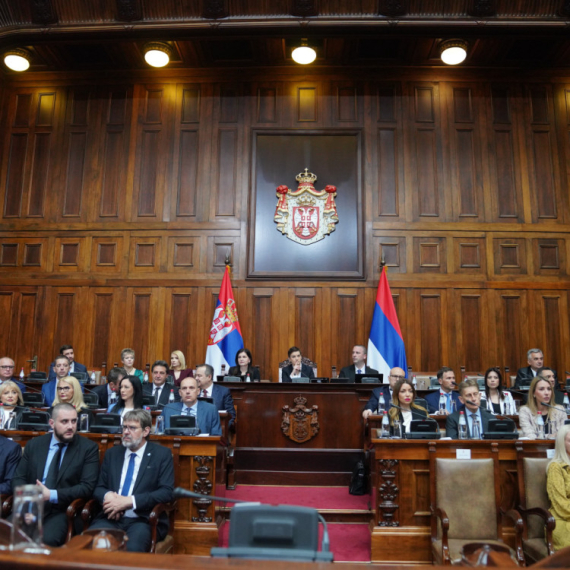

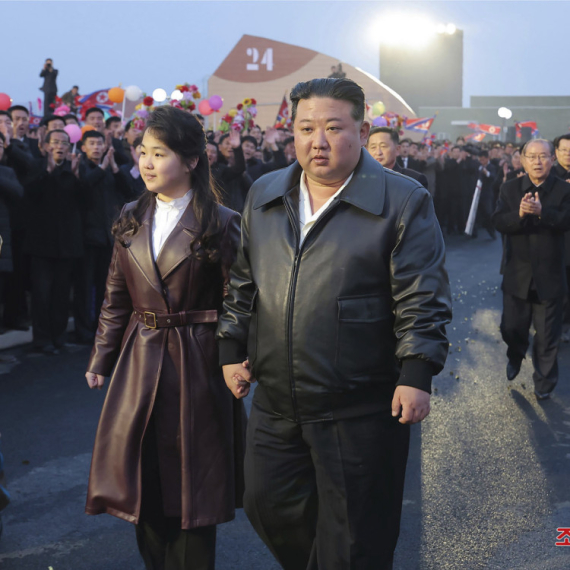

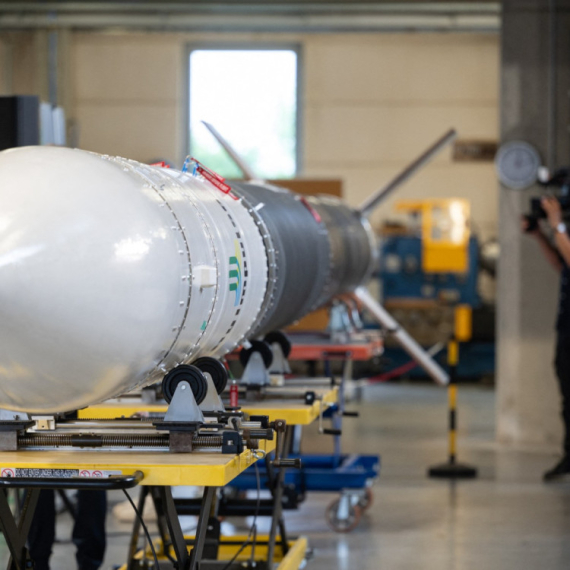


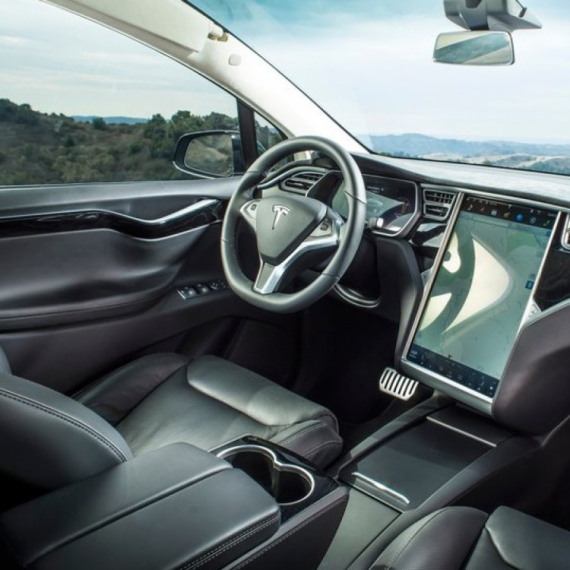



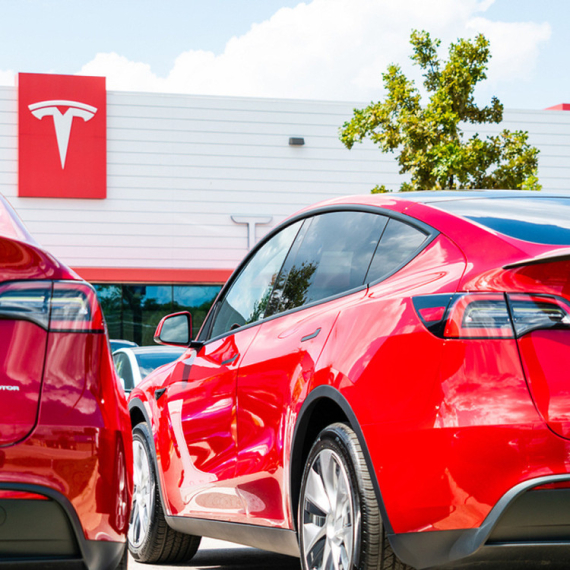
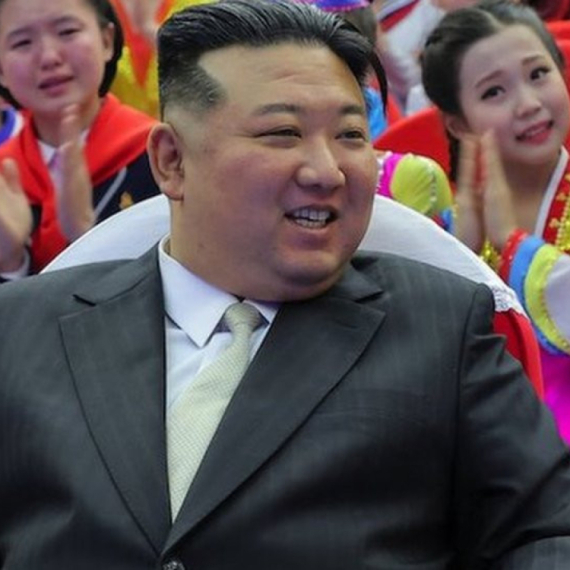
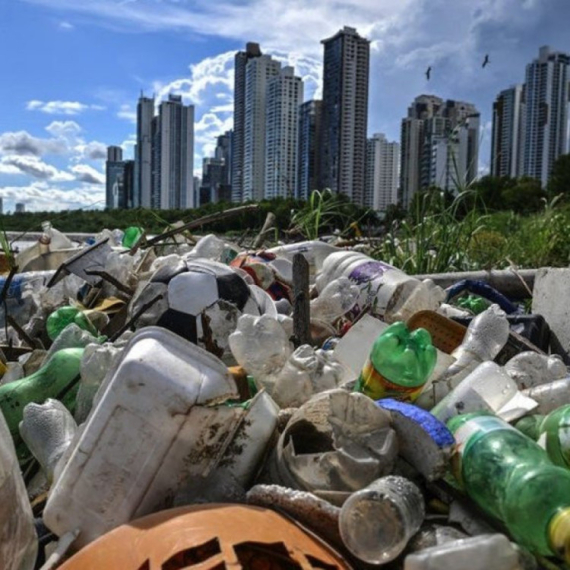
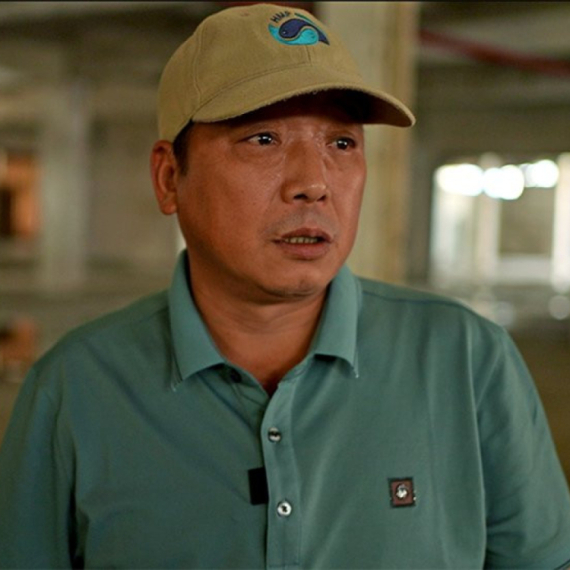

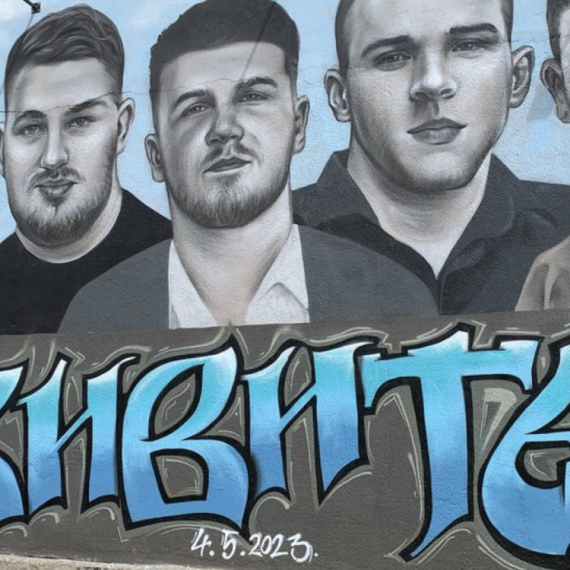

Komentari 6
Pogledaj komentare